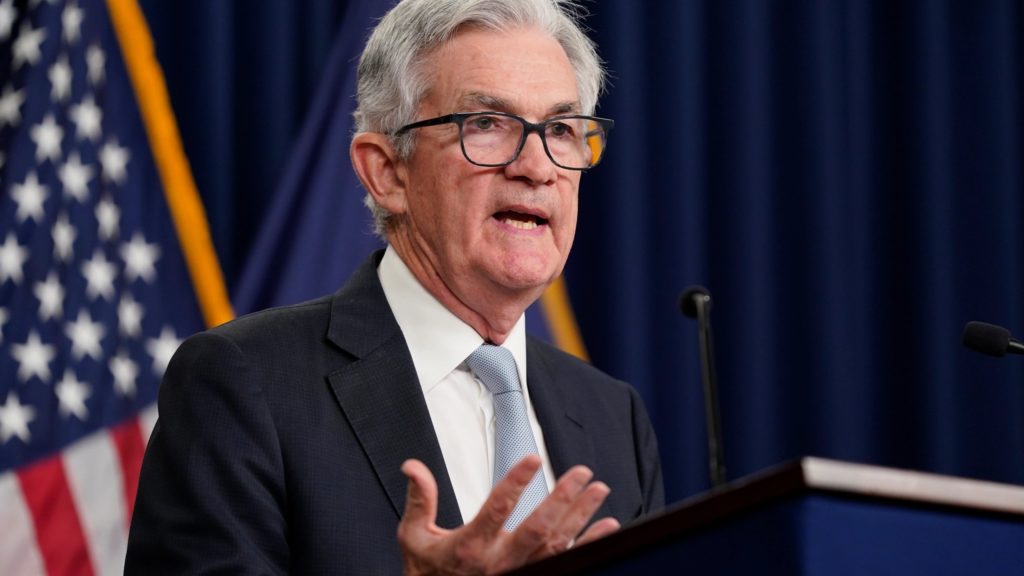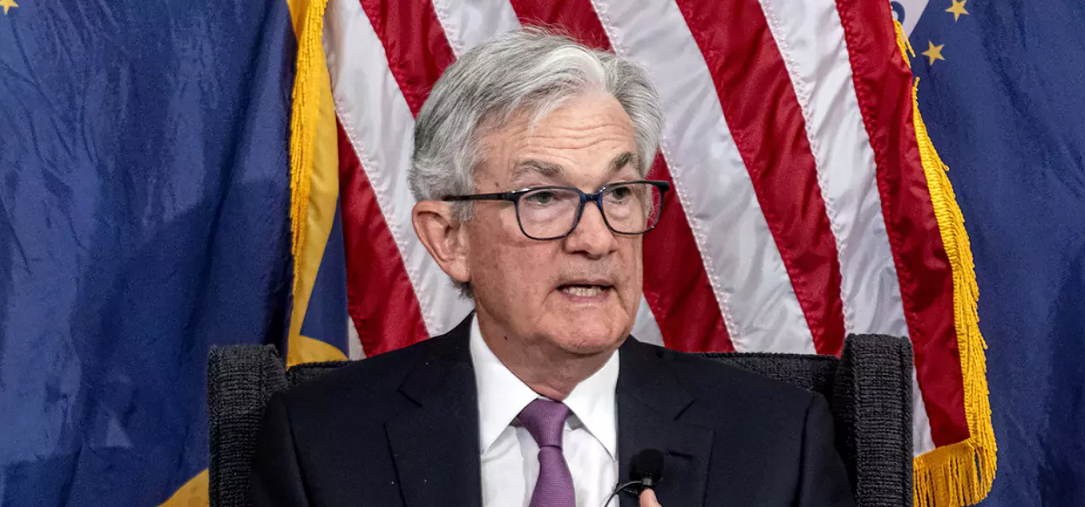
François Christen
Chief Economist
Investors’ biased interpretation of Jerome Powell's latest speech implies serious setback risks.
Article published in French on agefi.com

The stunning rally in Western bond markets continued last week, prompting a sharp decline in both dollar and euro yields. In the US, the yield on the 10-year T-Note fell to around 3.5% after peaking above 4.2% prior to the release of encouraging inflation figures that were met with euphoria. In this particular context, Jerome Powell made an important speech last Wednesday. Was he going to validate the prevailing optimism or, on the contrary, seek to cool investors’ hopes as he did in August in a laconic speech at Jackson Hole?
A careful reading of the speech shows that the Fed Chairman chose an intermediate path that investors chose to (over)interpret as a “dovish” signal. Certainly, Jerome Powell confirmed the prospect, already widely publicized by many FOMC members, that the time had come to reduce the pace of the frantic cycle of interest rate hikes that we have been experiencing since late June. A 0.5% increase in the Fed funds rate from 3.75% to 4.25% is therefore almost certain on December 14. Monetary conditions are now restrictive and the lagged effects of the measures taken in 2022 must be assessed. However, the central banker was careful not to give any hint as to the level of the terminal interest rate. Moreover, the speech does not reflect the slightest willingness to ease, in contradiction with the expectations of investors who persist in betting on a U-turn by the Fed in the second half of 2023.
The decline in dollar yields is also being fueled by indicators pointing to weaker activity. The decline in the ISM index of manufacturing activity (49 in November after 50.2 in October) could signal a recession and deflationary pressures. The employment report is ambiguous, as it was last month. The establishment survey shows an increase in employment (263,000 jobs added), while the household survey shows a decline in employment, but a jobless rate unchanged at 3.7% due to a drop in the labor force participation rate. The sustained increase in average hourly earnings (0.6% monthly, 5.1% year-on-year), however, reflects persistent pressures.
In Europe, euro government bond yields are also declining under the influence of the US and a timid decline in euro area inflation. Year-on-year inflation, which stood at 10.6% in October, slowed to 10% in November according to the first estimate. The behavior of the “core” price index excluding energy, food and tobacco (unchanged in November, but up 5% year-on-year) is encouraging and could appease ECB’s Governing Council, which will hold its next meeting on December 15. Like the Fed, the ECB could act with more restraint to give itself time to better evaluate the effects of the energy crisis and the significant tightening already accomplished.
The tentative rebound in the “economic sentiment” index (93.7 in November after 92.7 in October) is likely linked to the decline in energy prices. The decrease in the unemployment rate to 6.5% in the euro zone in November is good news for households and employees, but may complicate the ECB’s task. In Europe, as in the US, the rapid fall in yields and the rebound in equities seem excessively rapid in view of the perilous path that remains before a return to balanced expansion.









